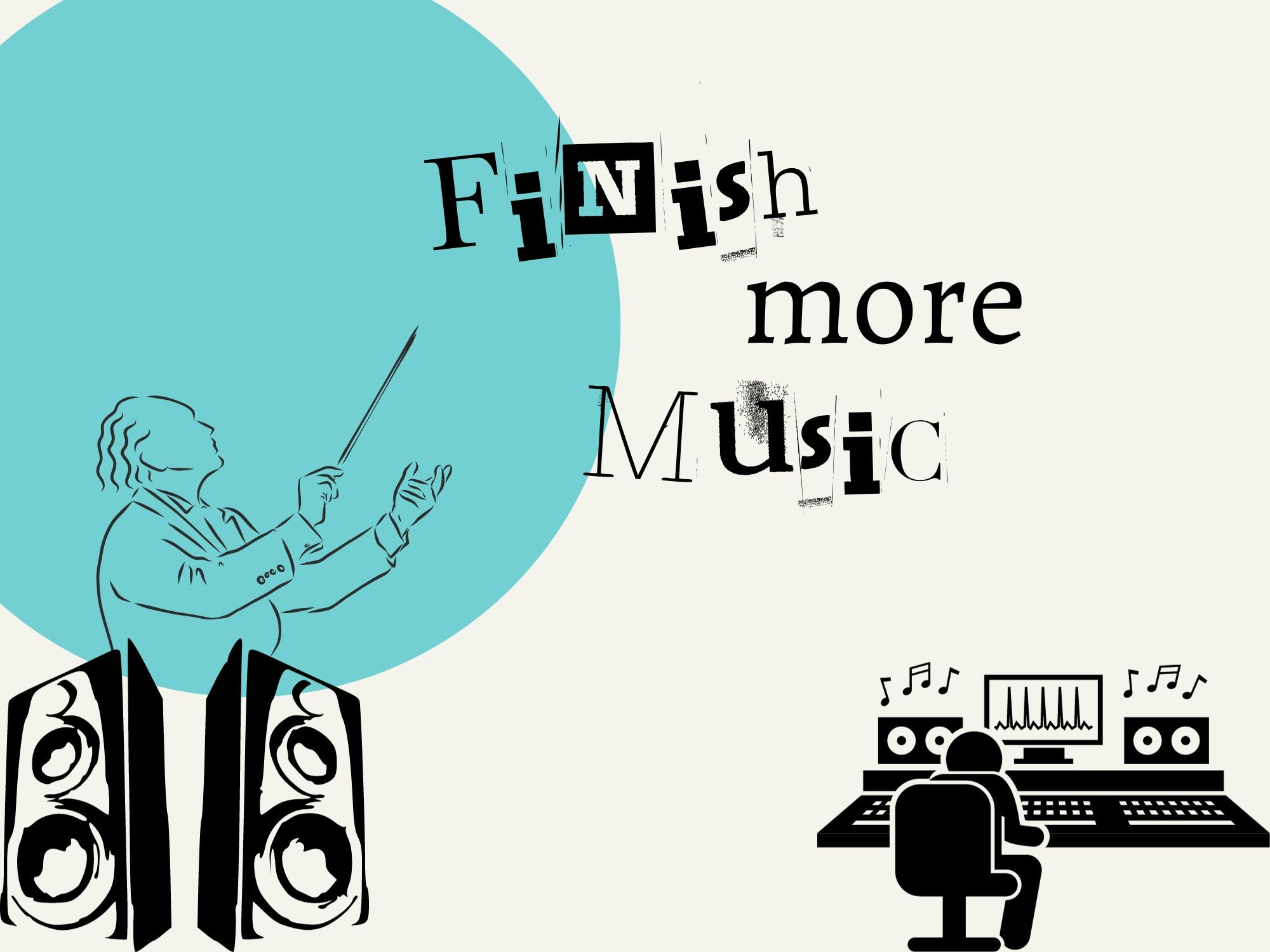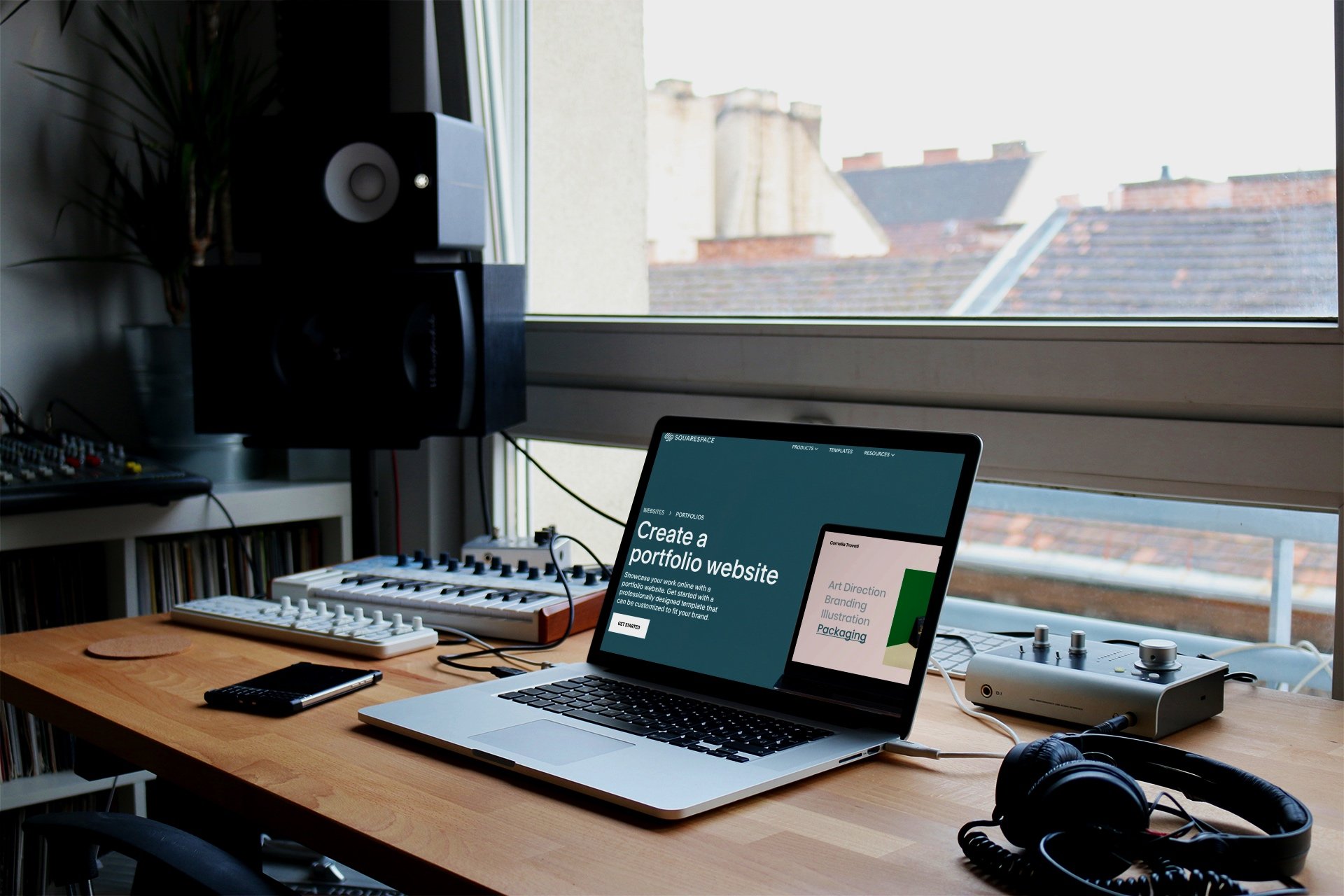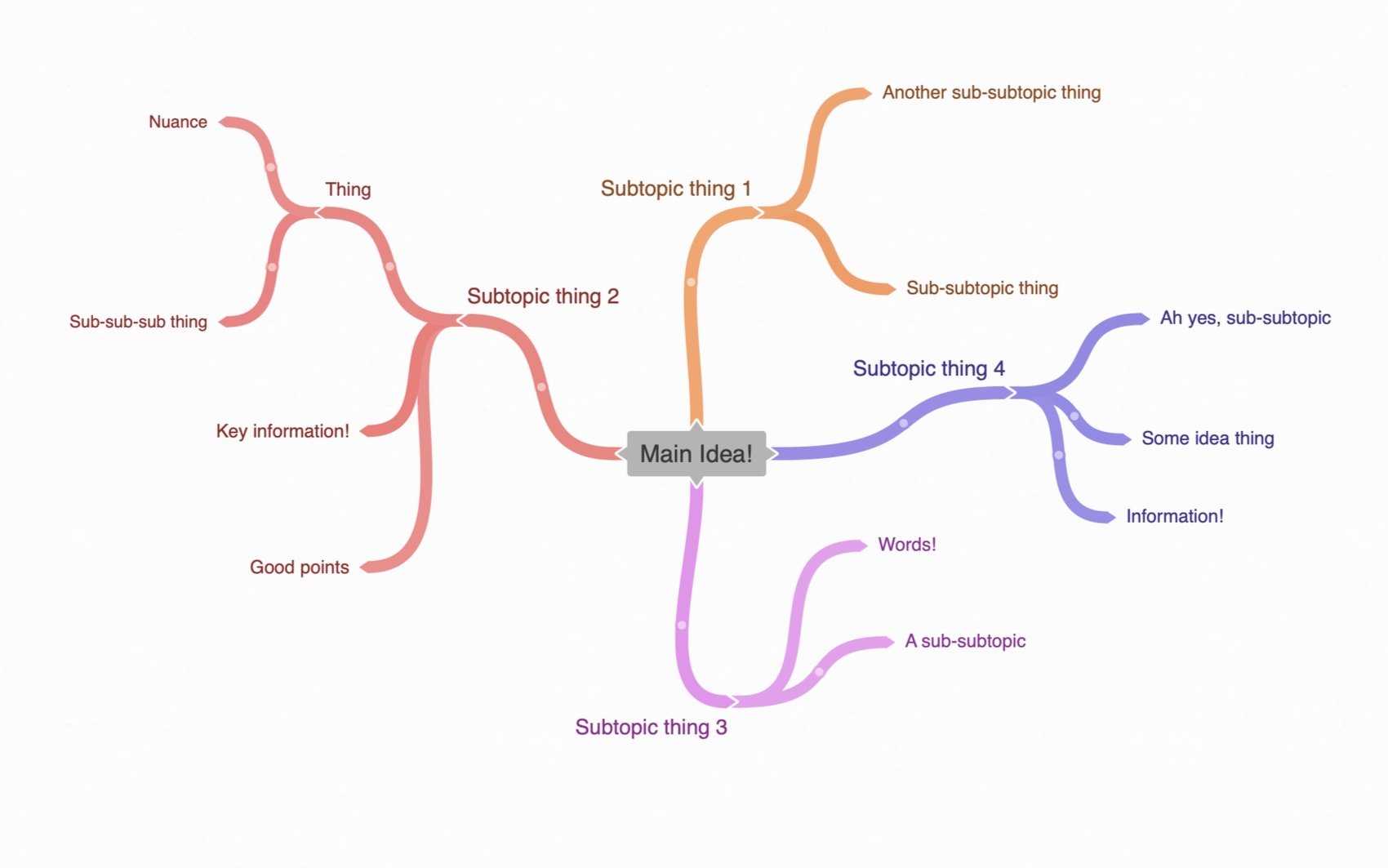How to Finish More Songs (15 ways I finish more music)
Raise your hand if you also have endless half-baked ideas scattered across various voice memo apps, notes and laptops.
Why is finishing music so hard sometimes?
Like you, I love starting new ideas — but moving them into that “done” bucket is a whole other story. Luckily, I’ve gotten a lot better. So this post shares my favorites ways on how to finish more songs.
Because the world is waiting for your music and no one else can write your ideas quite like you. This is your cue to finish more tunes.
While we can’t finish everything we start, we can always do better. This is how I finish more music.
Let’s get to it.
Table of Contents Show
Musician Problems? (or just a human thing?)
Learning to finish what we start isn’t just a songwriter’s problem.
It’s a human thing.
From unfinished emails to unrealized ideas, life happens. We all deal with distractions, busy lives and have too many things constantly demanding our attention. Of course our focus and motivation waver. It’s totally normal.
But it’s not all bad.
I start a lot of creative projects (travel film ideas, paintings, new blog series…music), but even if I don’t finish these things, I still get a lot of value from them.
The big ideas usually get finished and all of this tinkering is just a key part of the creative process. It’s artistic exploration.
Not everything needs to be finished. Growth is a journey, not a place.
And we’re not alone. Around a quarter of adults struggle with chronic procrastination. So this seems to be a theme for most of us.
Some common reasons I struggle with finishing music (and other creative projects) include:
It’s harder than we realize
You get bored or things get hard
Comparing yourself to others
A lack of creative discipline
Trying to do too much
No clear plan or creative goal
Patience
So let’s just accept that unfinished work is always going to be there to some extent. Still, there are some effective ways to improve our songwriting habits and finish more music.
With that, let’s keep moving.
Recommended: How I Finally Improved My Follow-Through
How to Finish More Songs (15 things I do)
Finishing your songs is crucial if you want to take your creative brand to the next level.
But let’s remember why we all got into this whole music thing in the first place — it’s fun. Make that your default mode and you’re halfway home.
Now let’s look at my top tips for finishing more ideas.
1. Write Shorter Songs
Who says songs need to be around three minutes long?
(spoiler, they don’t)
So a great way to finish more of your music is to simply make things shorter.
Actually, according to Billboard (and from some basic observation), there’s a TikTokification of music going on anyways.
And it’s not just in music — short-form content is everywhere. From quick videos to scannable blog posts, we’re expected to capture attention quickly and get to the point fast.
But this can be an opportunity, since we’re no longer as expected to check off every box in the songwriting “rulebook”.
Don’t want to add that bridge and end chorus? Cool.
Just remember to balance your songwriting decisions with your intuition, musical goals and artistic preferences too.
Because sometimes, a song really does need more time to develop and tell its story.
2. Write Simpler Songs
It’s been said many times, but less is more.
So if you want to finish more songs (or things in general), make things simpler on yourself. Aka, stop trying to make complex masterpieces.
Because sometimes, simplicity is the best version.
This means becoming more minimalist with your songwriting. It’s similar to cutting the fluff with writing or learning to say less and listen more.
Great art isn’t about complexity or how many advanced techniques and layers you used. Often, the best things are also the easiest.
Put another way, you don’t need 20 layers of harmonies and 50+ tracks to make a memorable song.
Besides, learning to convey your ideas in simpler ways can be an artistic limitation, which actually boosts your creativity and forces out-of-the-box thinking.
So keep things simple. You’ll probably finish a lot more music this way.
3. Don’t Aim for Perfection
Nothing trips up an artist quite like perfectionism. It’s gross.
So let’s remind ourselves that striving for it is a fool’s errand. Besides, creative pursuits are super subjective.
My image of musical perfection may be someone else’s dumpster fire.
But detaching from the illusion of perfection isn’t easy. I still struggle with it. So the best we can do is start by simply shining a light on it.
Awareness is step one.
From here, work on comparing yourself to others less and try to make decisions quicker by not dwelling on things too long.
Accept that perfection isn’t some destination, but rather a perspective — an idea.
And like so many ideas, it’s up for debate.
Recommended: How to Write Songs Faster
4. Attach Your Song to Another Creative Project
A song on its own is more than enough. But adding a little extra purpose can boost motivation.
For example, I love to create short travel videos and then use my own music in them.
This blend of travel, filming and music is actually my whole creative brand vision. But in my pursuits of this goal, I’ve realized something:
Having another external project to attach my music to forces me finish more songs.
Maybe it’s the additional urgency or extra excitement of having another creative endeavor. Whatever the reason, it works.
So what project could you attach your music to?
Start there and see if it helps.
Because amplifying your song’s purpose is a solid way to finish more music (at least, it is for me).
5. Use Gamification
Games are fun. So let’s use them.
Gamification means adding basic game elements (like rewards or challenges) into your creative process. It’s a bit of a buzzword, but it does work.
In 2023, I did a song-a-day challenge and wrote one song everyday for one year.
It definitely forced me to finish more of my music (since I made it public and fully committed to it). But I realized something — well, a few things.
First, most people either don’t care or won’t remember most of what you do and share (harsh reality).
Second, challenges shift your focus away from trying to make something “good” to just making something “complete”.
Third, you’ll realize you’re capable of doing a lot more than you give yourself credit for. Namely, we’re fully capable of finishing more songs (even one a day).
Whether you’re doing a songwriting challenge or you just want to finish that one epic tune, your self belief is an important piece of the puzzle.
6. Identify Your Bottlenecks (+ play to your strengths)
Bottlenecks are things that prevent you from moving forward.
For example, one of my biggest bottlenecks was music production. So one of my goals for writing a daily song for one year was to sharpen my production skills.
It worked.
While I’m still skill building, I now know enough to translate my ideas quickly and get to a place of flow with digital music-making.
So what are you songwriting bottlenecks that are preventing you from finishing more music? Here are some common examples:
Skill deficits
Time
Tools or resources
Motivation
While working to solve your bottlenecks, a great workaround is to play to your strengths.
For example, music production was my bottleneck. But writing on guitar wasn’t. So I focused more on acoustic songwriting and shared lots of unedited singing videos rather than polished productions.
It was a stepping stone.
So solve your bottlenecks — and play to your strengths in the meantime.
7. Systematize Things
Songwriting is a process. And any process can be systematized. So let’s work smarter.
A system, or workflow, is a set of repeatable processes or steps for doing stuff. For musicians, systems are a personal framework to organize your songwriting tasks and get things done more efficiently.
It’s like a template or a customized set of instructions for writing and finishing more music.
For example, here’s one of my workflows:
Start with some raw MIDI chords or a catchy piano melody for the verse
Loop it and hum nonsense into a mic until I stumble onto a solid main melody idea
Add a few lyrics or a main direction and theme
Imagine how the song should flow into the chorus
Rinse and repeat the verse protocol for the chorus
I have a few different workflows, depending on my mood and context. Like if I’m traveling and writing music in an airport, for example, I have a different process.
Because your environment matters.
So I like to optimize my spaces for flow, inspiration and efficiency. For example, keeping my gear set up, adding some plants and using inspiring lights all motivate me and help me get more done.
Workflows and optimizing your space can compound to help you finish more music more often.
Recommended: Create A Music Production Workflow
8. Prioritize With the 80/20 Rule
The 80/20 rule (the Pareto Principle) says that roughly 80% of our results come from just 20% of our actions.
That means, if this principle holds any water, around 20% of your songwriting decisions can get you to about 80% of your song being finished.
But first, you need to identify what those most impactful actions actually are and then prioritize them.
For me, that includes things like getting the top line melody right, mapping out the basic structure and choosing my core instruments and sounds. If I can these things right, my song is 80% there.
So focus your time and energy on the things that are actually moving the needle. Because spending hours sifting through sound effects may not be as important as you think.
Prioritization adds intention and strategy to the whole songwriting process.
9. Join Ideas Together
There’s a good chance you have a lot of random song ideas saved. So let’s brush off the digital dust and use them.
Your library of ideas is full of untapped opportunities and gems. So damn, let’s squeeze that orange.
You may need to do some key or rhythm changes, but this is a great way to finish more songs — especially ones that feel a bit lost or put you in a creative rut.
So grab your headphones and device things and head to a cafe with a notebook. Start sifting through all your stuff and make a list of potentials (this is my move, at least…or I just have a coffee problem).
10. Use Your Flow State
When you’re in flow, things are easier. The music clicks and songwriting feels effortless and fun.
So using your natural flow to finish music is a solid strategy.
This means tapping into your creative intuition, optimizing things for fun and play and getting rid of distractions.
Flow state may be a buzzword, but it’s powerful stuff. While it’s not always available, it’s worth trying to tap into.
So lean into your musical spontaneity and try to turn up the volume on your intuition.
Focus on play by having fun and not worrying so much about song quality or trying to get things to match perfectly how you imagined them in your head.
Put another way, just have fun. There are no right or wrong songs.
Recommended: How to Harness Your Creative Flow
11. Address Lifestyle + External Stuff
Lifestyle and external stuff can have a big impact on songwriting.
For example, stress and worry are poison to creativity. But getting a good night’s sleep and eating food that agrees with you will make you more focused and creative.
So let’s try to nip the bad stuff in the bud and do more of the good stuff. Because a better optimized creative lifestyle means you can finish more music.
Here are some ways I like to optimize for a more creative lifestyle:
Schedule and prioritize daily practice for songwriting
Eat healthy and do some light exercise
Get good sleep
Hang around more creative people
Consume more creative or inspiring content
Recommended: The Artist Lifestyle (life of a modern creative)
12. Break Things Down
Sometimes, I don’t finish songs because I feel overwhelmed.
There are too many things to do and I’m not sure where to start. So my best solution for these moments is to step back and break things down.
I like to shift focus from the top of the mountain to just the first couple steps.
Here’s a quick formula to reverse engineer a full song project into more manageable, bite-sized parts:
Define your main macro goal for the song (genre, inspiration tracks, vibe, etc.)
Isolate the main micro goals necessary to complete the macro song
Break down each micro goal into nano tasks to complete
Focus on checking off the smaller nano tasks and work your way through one micro goal at a time.
Recommended: How to Reverse Engineer Goals (4 steps)
13. Use Reference Tracks for Inspo
Sometimes, all you need to finish a song is a little extra inspiration.
Looking to other artists who align with you can give you some solid ideas for how to move forward or button things up.
So don’t feel guilty about using reference tracks. We all influence each other and together, we individually contribute to the collective growth of music culture and sound.
Besides, you’ll naturally add your spin on things, whether you mean to or not.
14. Mindset
A core theme for this blog is mindset. So of course, I need to mention it here.
Sometimes the biggest thing standing in the way of me finishing a song is me. Mindset plays an important role in the songwriting process.
Something as simple as setting your intention to finish a song (and actually believing in that intention) is all you need.
Getting into a creative mindset is essential for making music. If you’re too logical or creatively detached, it’s just going to be harder to finish your project.
There’s a related quote I like to remember here (I think it’s from Henry Ford):
“Whether you think you can or you think you can’t, you’re right.”
That about sums it up.
Recommended: Epic Tips for A Creative Mindset
15. Walk Away
When nothing else is working, it’s may be time to just walk away.
As long as this doesn’t turn into a habit for every song, you can always come back to things later.
So do something else, work on another song or just step away long enough to forget and find some clarity and objectivity.
Remember, not everything will get finished. Sometimes, I feel guilty that many of my ideas will never see the light of day.
But that’s the nature of everything. The trick is in knowing which ideas you should finish and share with the world.
So if something isn’t working, it may not be its time.
Walk away and work on something else — this is your permission slip to do so.
Conclusion (everyday can’t be a W)
At the end of the day, some days are just a wash. No shame.
Taking time to decompress and relax is alright too. As artists (and humans), we tend to be too hard on ourselves.
So if today wasn’t a home run, no worries. You’re definitely not alone.
Just stay happy and get back at it tomorrow.
Want More? Check Out These Sweet Reads!





